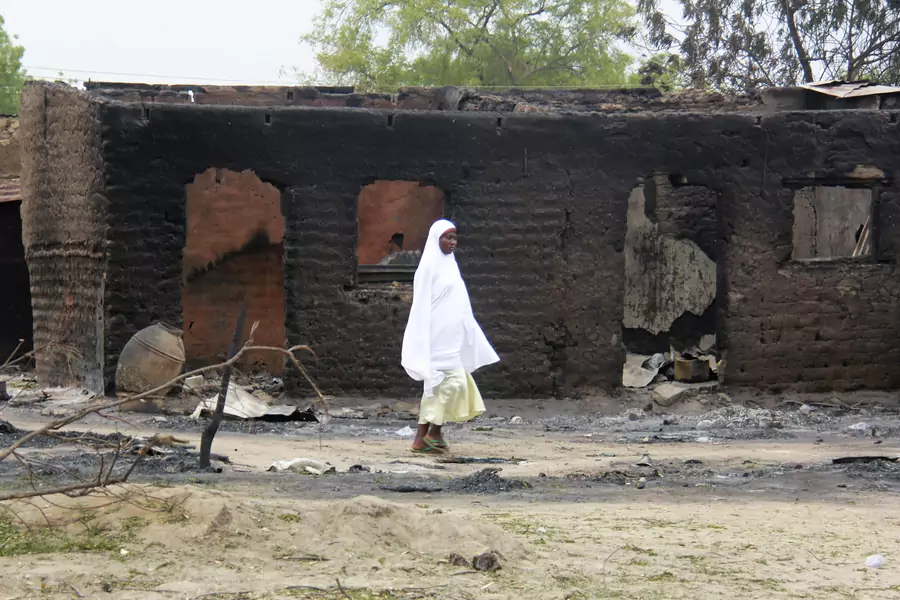John Campbell: Climate Change and Ethnic and Religious Conflict in Nigeria

More on:
Climate change is nothing new in northern Nigeria, writes John Campbell, senior fellow for Africa Studies and former U.S. Ambassador to Nigeria, and its influence in local conflicts can already be felt. In his contribution to our guest series surrounding the UN climate conference in Paris, Ambassador Campbell notes that the changing climate is, if not the cause, then certainly part of the context of the rise of militant groups like Boko Haram.
Climate change has long been a contributing factor to conflict in Nigeria. Even before Boko Haram, ethnic and religious tensions were strained because of the changing environment in northern Nigeria. Nigerian President Muhammadu Buhari addressed the issue at the Paris talks on Tuesday, saying that no fewer than five million people had been displaced in the Lake Chad basin due to the depletion of the lake.
Conflict has been growing in Nigeria as ethnic groups are pushed by climate change toward the Middle Belt. This is the zone where mixed ethnicities and the predominately Christian south and the predominately Muslim north overlap. Ethnic, religious, and land use boundaries traditionally coincide to a remarkable extent in parts of the region: Fulani Muslim herdsmen on the one hand, predominantly Barome Christian farmers on the other. Now these boundaries are being pushed.
The pattern over the past thirty years has been the steady migration toward the south by Fulani herdsmen, leading to competition with farmers over land use. Conflict is exacerbated by a population explosion while the availability of land for agricultural use is declining. As much as thirty-five percent of the land that could be cultivated fifty years ago is now desert in eleven of the most northern of Nigeria’s thirty-six states. In that region, the rainy season has shrunk from 150 days a year to 120. Crop yields have declined by 20 percent.
Climate change is also accompanied by erratic rainfall and hotter temperatures. The Sahara desert pushes toward the south. For the Fulani, not only is there a reduction in pasturage available for their cattle, they say their animals are now exposed to new and strange diseases. The search for pasturage drives the Fulani to the south in regions historically occupied by Christian farmers. Migration tends to weaken traditional social structures, including the tolerant Islam long characteristic of West Africa’s Sahel.
Conflict would seem to be inevitable. It is made worse by the Nigerian governance principle of “indignity.” At the state and local government levels, participation in governance is largely limited to those belonging to ethnic groups that are “indigenous” to a particular region. Hence, the Fulani, “indigenous” to more northern regions, are regarded as second class citizens in parts of the Middle Belt.
Desertification and resulting migration exacerbates poverty in northern Nigeria, especially its northeast. It is the poorest part of the country, with the worst social indicators. The northeast, especially, is where Boko Haram is rooted. If not the cause of Boko Haram and other forms of jihadist terrorism, climate change and its social and economic dislocations is certainly part of the context.
More on:
 Online Store
Online Store